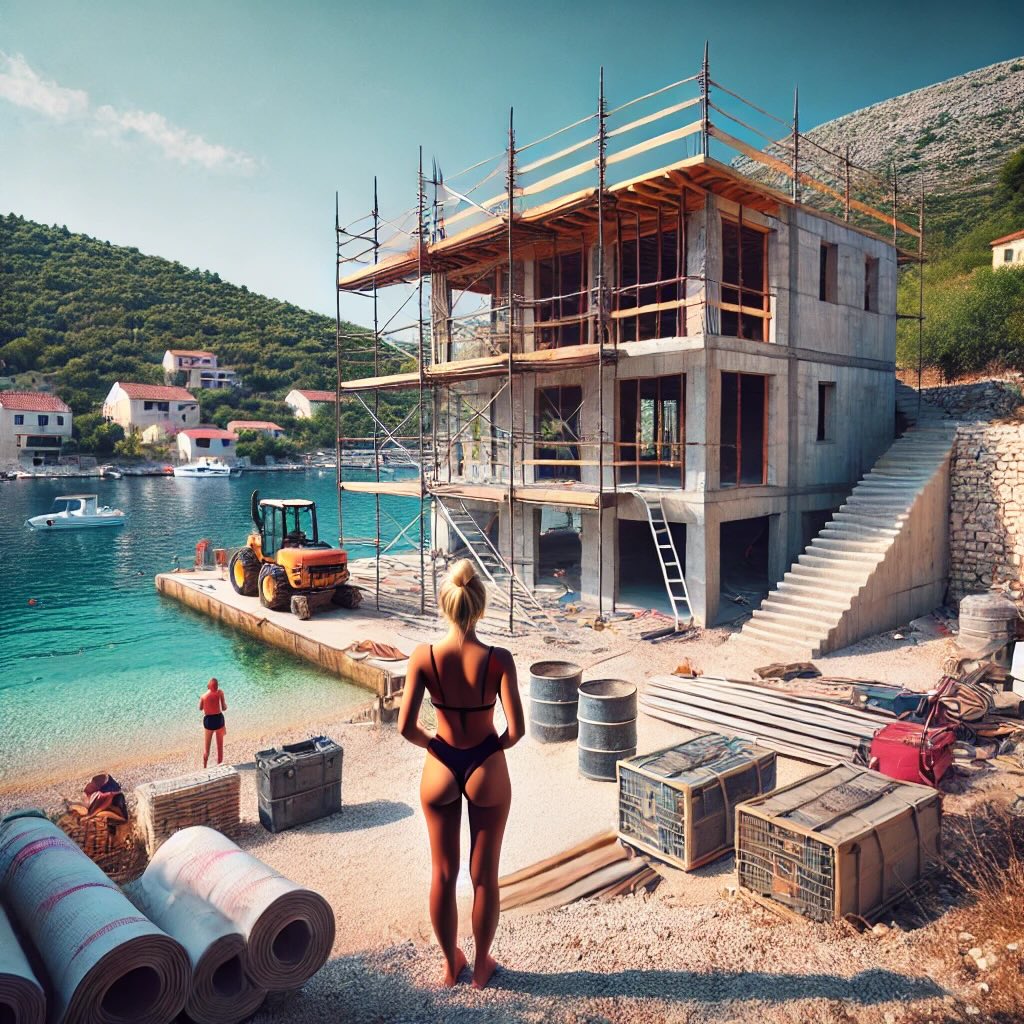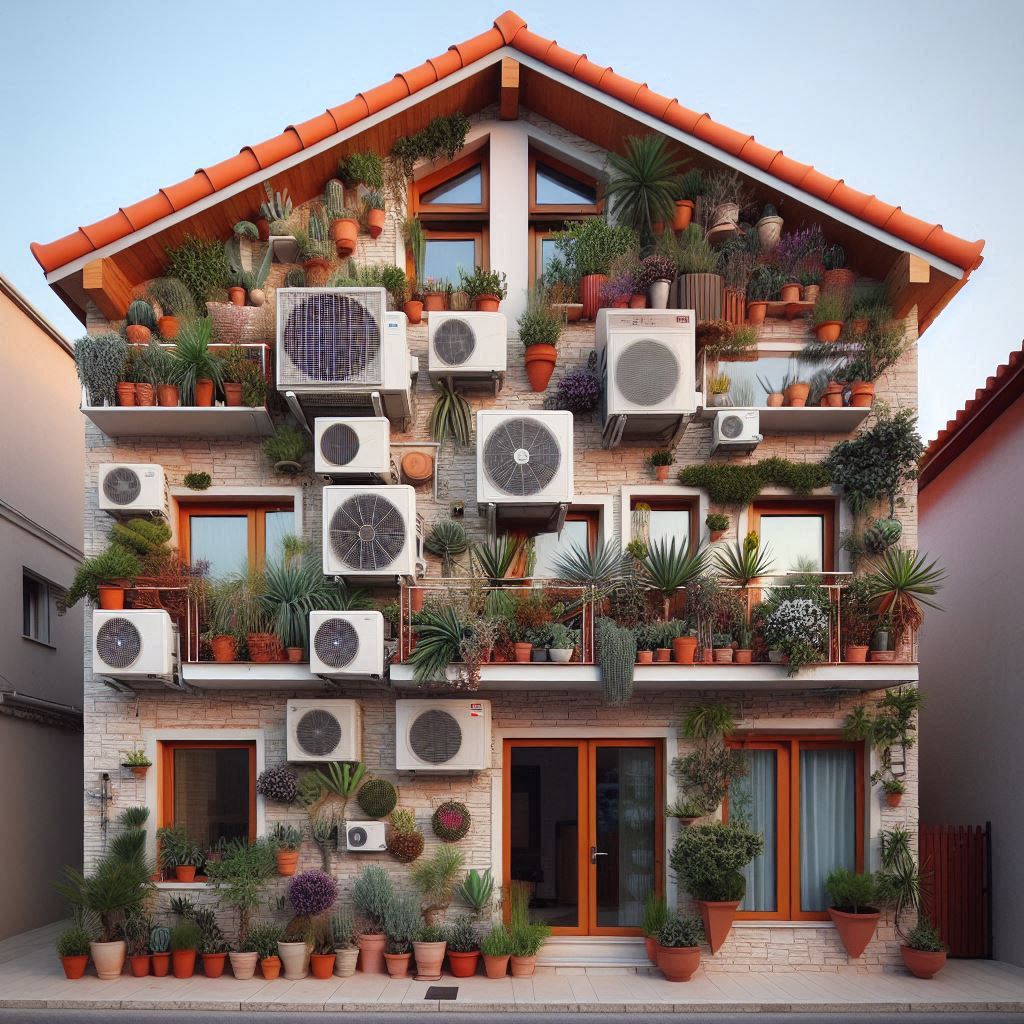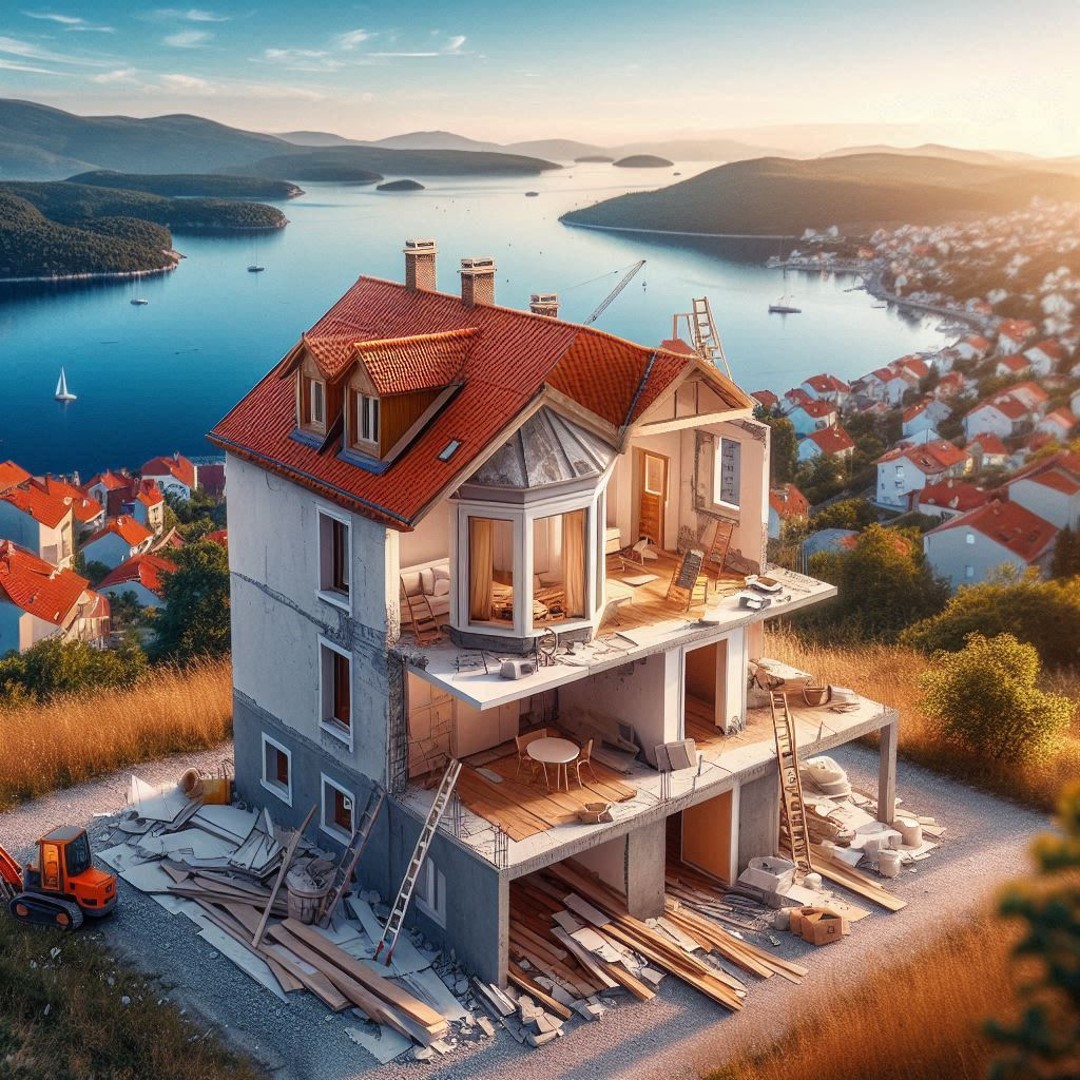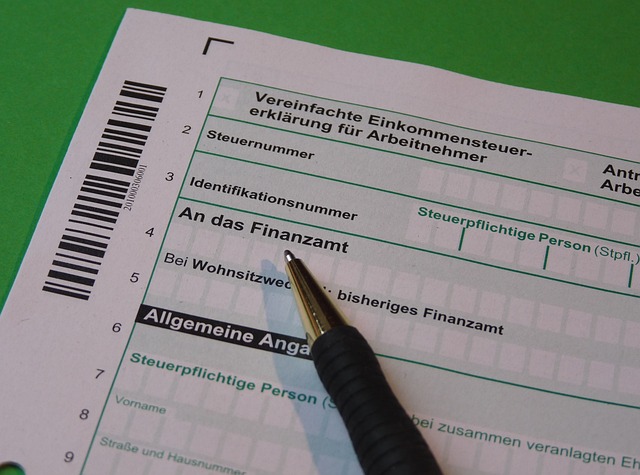
Legal Framework for Obtaining a Building Permit
The process of obtaining a building permit in Croatia is regulated by several key laws and regulations. The main ones include:- Law on Spatial Planning and Construction (Zakon o prostornom uređenju i gradnji)** - Law No. 153/13 with later amendments.
- Law on Construction Products (Zakon o graditeljskim proizvodima)** - Law No. 76/07.
- Regulation on Documentation and Procedure for Issuing a Building Permit (Pravilnik o postupku izdavanja građevinske dozvole)** - Regulation No. 55/14.
Step 1: Verification of Compliance with the Spatial Plan
Before starting the process of obtaining a building permit, it is necessary to verify that the intended construction is in compliance with the valid spatial plan of the municipality or city where the land is located. This action is carried out at the relevant Office for Spatial Planning and Construction (Upravni odjel za prostorno uređenje, gradnju i zaštitu okoliša).Step 2: Preparation of Project Documentation
The project documentation must be prepared by a qualified architect or engineer who holds a valid license for building design. This documentation includes:- Architectural design
- Static calculation
- Plans for electrical installations, plumbing, and sewage
- Environmental protection measures
Step 3: Submission of the Building Permit Application
The building permit application is submitted to the relevant Building Office (Građevinski ured). The application must include the following documents:- Project documentation
- Proof of land ownership or lease agreement
- Consent of neighboring landowners (if required)
- Proof of payment of the administrative fee
Step 4: Application Approval Process
After the application is submitted, the office examines whether the project complies with all legal regulations and whether all necessary documents have been submitted. If all requirements are met, the office will issue the building permit within 30 days of the application submission. This period may be extended if additional documents are required or if it is necessary to resolve objections from neighbors.Step 5: Notification of Construction Commencement
After receiving the building permit, it is necessary to notify the relevant office of the commencement of construction. The builder must ensure that the construction proceeds in accordance with the issued building permit and applicable technical standards.Step 6: Final Inspection (Kolaudacija)
After the construction is completed, a final inspection must be requested. This is a process in which the office checks whether the construction was carried out according to the building permit and applicable regulations. After a successful final inspection, a final certificate (kolaudacijsko rješenje) is issued, which authorizes the use of the building.Average Duration for Obtaining a Building Permit
| Process Type | Average Duration |
|---|---|
| Verification of Compliance with the Spatial Plan | 15-30 days |
| Preparation of Project Documentation | 30-60 days |
| Application Approval Process | 30-90 days |
| Total Duration | 75-180 days |
Costs Associated with Obtaining a Building Permit
| Cost Type | Average Price (in EUR) |
|---|---|
| Preparation of Project Documentation | 2,000 - 5,000 EUR |
| Administrative Fees | 300 - 1,000 EUR |
| Additional Costs (Legal Services, Consultants) | 500 - 2,000 EUR |
| Total Costs | 2,800 - 8,000 EUR |
Obtaining a building permit for a house in Croatia is a process that requires careful planning and adherence to all established rules and regulations. This article provided a detailed overview of the steps and requirements associated with this process, including the legal framework and average costs. Following these steps will ensure a smooth process for obtaining a building permit and minimize the risk of delays and complications.
Sources:
- Law on Spatial Planning and Construction (No. 153/13)
- Law on Construction Products (No. 76/07)
- Regulation on the Procedure for Issuing a Building Permit (No. 55/14)
- Regulation on the Amount of Administrative Fees in the Field of Spatial Planning and Construction























































































